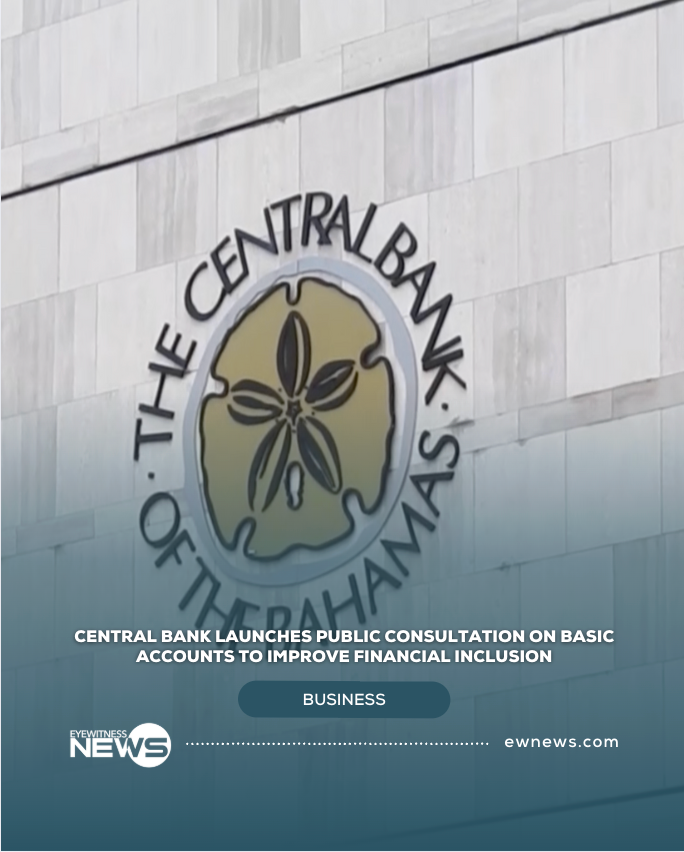NASSAU, BAHAMAS — The Central Bank of The Bahamas (CBOB) has launched a public consultation on a proposed framework for basic banking or transactional accounts, with the aim of making these accounts widely available to unbanked and underbanked individuals by the first half of 2026. The initiative forms part of the Bank’s ongoing Payments System Modernization efforts, which have introduced critical infrastructure including the Real Time Gross Settlement System (RTGS), the local Automated Clearing House (ACH), and the SandDollar retail central bank digital currency.
The proposed basic accounts are designed to be low- to no-cost, providing affordable access to essential banking services such as deposits, withdrawals, credit transfers, debit card usage, direct debits, and digital wallet payments. Simplified Know Your Customer (KYC) procedures would allow applicants to open accounts with minimal documentation and receive approval within five business days. In cases where applications are rejected, individuals would have the right to appeal through the Office of the Financial Services Ombudsman, or access a restricted-tier account to maintain inclusion in the financial system.
To ensure affordability and limit potential misuse, total annual credits and debits would be capped at 2.5 times the current annual minimum wage—equivalent to B$33,800—with a maximum account balance of B$13,520. This means-tested structure is modeled on international best practices in countries including Belgium, Italy, Chile, and Trinidad and Tobago, which have successfully implemented similar low-cost or no-cost basic accounts targeting low-income or underserved populations.
The Central Bank’s proposal also emphasizes the resilience of the domestic payments ecosystem by promoting universal access to digital transactions, reducing reliance on cash, and addressing the logistical and financial costs of cash handling—especially in the Family Islands. Commercial banks and potentially co-operative credit unions would be required under regulations to provide the accounts, while retaining flexibility to offer additional features beyond the regulated minimum.
By providing affordable, accessible, and digitally interoperable accounts, the Central Bank aims to empower all Bahamians to participate fully in the financial system, advance financial inclusion, and strengthen the nation’s digital payments infrastructure ahead of the first-half 2026 rollout.






